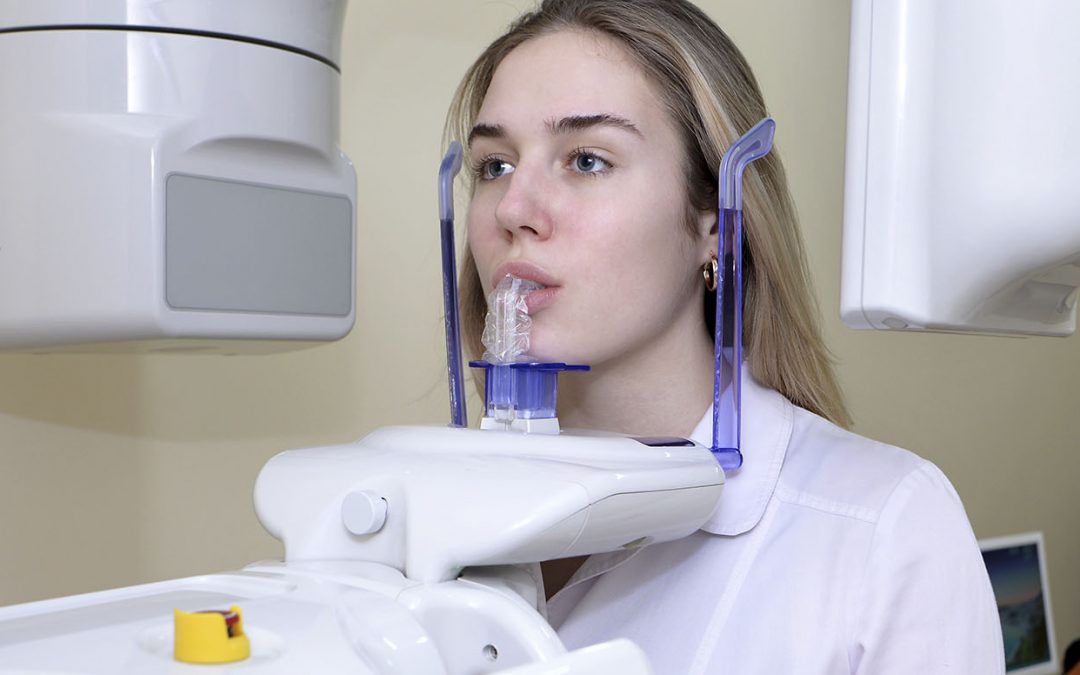ISO 22674 Dental Alloy Castability Testing
The ISO 22674 standard defines a method for assessing the castability of dental alloys used in dentistry. Castability is crucial for ensuring that dental restorations are accurately formed and do not suffer from defects such as porosity, shrinkage, or misfit during casting processes.
This test evaluates how easily an alloy can be poured into a mold to produce a high-quality casting. It involves melting the alloy according to specified conditions, then pouring it into a standard mold under controlled temperature and pressure. The resulting cast is evaluated based on its appearance, dimensions, and overall quality. This ensures that dental restorations meet the highest standards of precision and reliability.
The test procedure also includes specific considerations for different types of dental alloys used in casting processes. These include gold-based alloys, silver-based alloys, and other precious metals commonly used in dentistry. Understanding these nuances is essential to achieving accurate results and ensuring compliance with international standards.
The ISO 22674 standard is widely recognized as a key reference for quality assurance in dental alloy manufacturing. Compliance with this standard not only ensures the highest level of product performance but also enhances patient safety by reducing the risk of casting defects that could compromise the integrity of dental restorations.
For R&D engineers and quality managers, understanding the nuances of ISO 22674 is vital for optimizing casting processes. By adhering to these standards, they can ensure that their products meet international benchmarks, thereby maintaining a high level of trust among healthcare professionals and patients.
Applied Standards
The ISO 22674 standard is part of the broader framework for quality assurance in dental materials. It aligns with other internationally recognized standards such as ISO 13352-1, which deals with the chemical composition and mechanical properties of dental alloys.
These standards provide a comprehensive approach to ensuring that dental restorations are both safe and effective. Compliance with these standards not only enhances patient safety but also ensures that dental professionals have confidence in the materials they use.
The ISO 22674 standard specifically addresses castability, which is a critical aspect of dental alloy performance. It provides detailed procedures for testing the flow characteristics of dental alloys under controlled conditions, ensuring consistent and reliable results.
Why Choose This Test
Selecting ISO 22674 Dental Alloy Castability Testing offers several significant advantages in the context of medical device development and manufacturing. This test is essential for quality assurance teams looking to ensure that dental alloys meet stringent international standards.
The primary advantage of this test lies in its ability to provide accurate and reliable data on castability, which directly impacts the success of casting processes. By ensuring that dental restorations are accurately formed, this test helps manufacturers avoid costly defects such as porosity or misfit, which can compromise patient safety.
Moreover, compliance with ISO 22674 enhances the reputation of manufacturing facilities and their products. This is particularly important in a competitive market where trust and reliability are critical factors for success.
The test also supports continuous improvement efforts by providing data that can be used to refine casting processes and materials. This leads to more efficient production cycles and higher-quality end products.
For procurement teams, ensuring compliance with ISO 22674 is a key factor in selecting reliable suppliers of dental alloys. Compliance with this standard not only ensures quality but also simplifies the supply chain management process by reducing the risk of non-compliant materials reaching the production line.
Use Cases and Application Examples
| Use Case | Description | Application Example |
|---|---|---|
| Evaluation of New Alloys | Determine the castability of newly developed dental alloys. | A research and development team is evaluating a new gold alloy for its potential use in dental restorations. They use ISO 22674 to ensure that the alloy can be reliably cast into precise shapes without defects. |
| Supplier Audits | Evaluate the quality of alloys supplied by different manufacturers. | A medical device manufacturer conducts audits on its suppliers using ISO 22674 as a benchmark. This ensures that all dental alloys meet the same high standards for castability, reducing the risk of defects in their final products. |
| Process Optimization | Identify areas for improvement in casting processes. | An R&D engineer uses ISO 22674 to identify bottlenecks in the casting process that could be causing defects. By making adjustments based on this test, they are able to improve the overall quality of dental restorations. |
| Compliance Verification | Ensure compliance with international standards. | A medical device company uses ISO 22674 as part of its compliance verification process. This ensures that all dental alloys used in their products meet the required standards, thereby avoiding regulatory issues and maintaining a strong reputation. |
| Quality Control | Monitor production quality on an ongoing basis. | A manufacturing facility uses ISO 22674 as part of its routine quality control checks. This helps them maintain consistent product quality by catching any deviations from the expected castability early in the process. |
| Supplier Selection | Evaluate potential suppliers based on their compliance with international standards. | A healthcare provider is evaluating several dental alloy manufacturers for a new contract. They use ISO 22674 as one of the criteria to assess the quality and reliability of the alloys supplied by each manufacturer. |
| Product Development | Evaluate the suitability of materials for specific applications. | A dental laboratory is developing a new type of crown. They use ISO 22674 to evaluate whether the chosen alloy can be cast into the required shape accurately and without defects. |
| Supply Chain Management | Ensure that all components meet international standards. | A global dental device company uses ISO 22674 as part of its supply chain management process. This ensures that all dental alloys used in their products are compliant with the required standards, thereby reducing the risk of defects and maintaining a strong reputation. |





